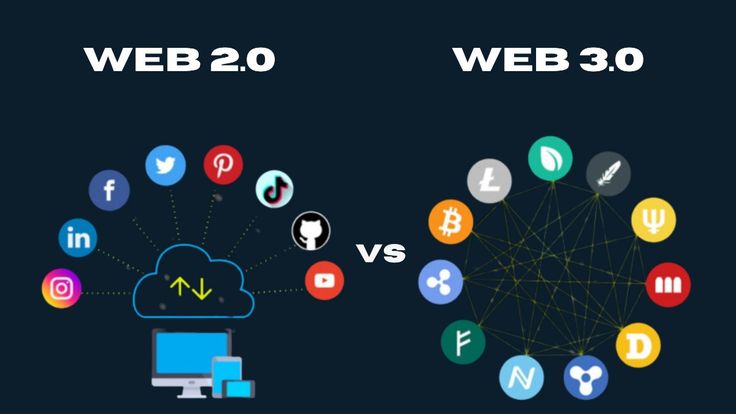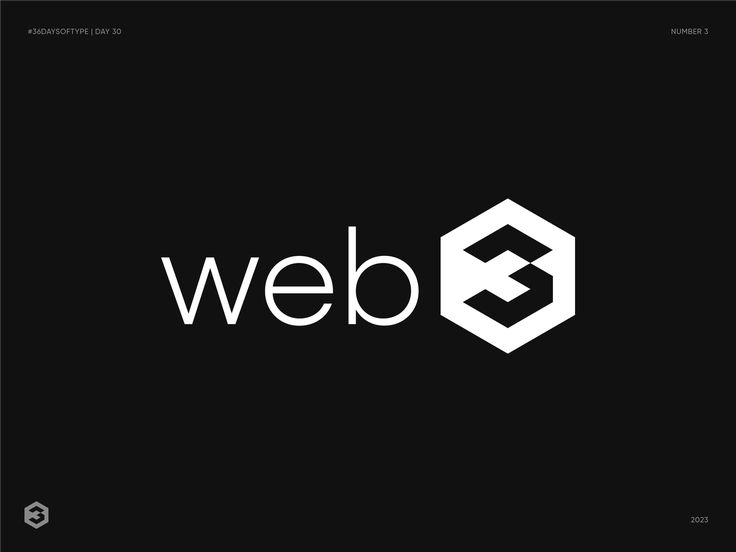+234 701 549 7249

Becoming a software developer is an exciting journey that involves acquiring a mix of technical skills, practical experience, and soft skills. Below is a comprehensive roadmap to guide you through the process, from the initial stages of learning to becoming a proficient software developer.
Roadmap to Becoming a Software Developer
1. Understand the Basics of Computer Science
- Learn Fundamental Concepts: Start with the basics of computer science, including algorithms, data structures, and computational thinking.
- Recommended Resources:
- Online courses (e.g., Coursera, edX)
- Books like “Introduction to the Theory of Computation” by Michael Sipser
2. Choose a Programming Language
- Select Your First Language: Choose a beginner-friendly programming language such as Python, JavaScript, or Ruby.
- Practice Coding: Use platforms like Codecademy, freeCodeCamp, or LeetCode to practice coding.
- Build Simple Projects: Create small projects to apply what you’ve learned (e.g., a calculator, to-do list app).
3. Learn Version Control Systems
- Understand Git: Learn how to use Git for version control. Familiarize yourself with GitHub for collaboration and project management.
- Recommended Resources:
- “Pro Git” book (available for free online)
- GitHub Learning Lab
4. Explore Web Development (Optional)
- Front-End Development: Learn HTML, CSS, and JavaScript. Familiarize yourself with frameworks like React or Angular.
- Back-End Development: Learn about server-side programming with languages like Node.js, Python (Django/Flask), or Ruby on Rails.
- Full-Stack Development: Combine both front-end and back-end skills to become a full-stack developer.
5. Learn About Databases
- Understand Database Concepts: Learn about relational databases (e.g., MySQL, PostgreSQL) and NoSQL databases (e.g., MongoDB).
- Practice SQL: Get comfortable with SQL queries and database management.
6. Build Real-World Projects
- Create a Portfolio: Work on personal projects or contribute to open-source projects. This will help you build a portfolio to showcase your skills.
- Collaborate with Others: Join coding communities or hackathons to collaborate on projects and gain experience.
7. Learn Software Development Methodologies
- Agile and Scrum: Familiarize yourself with Agile methodologies and Scrum practices, as they are widely used in the industry.
- Understand the Software Development Life Cycle (SDLC): Learn about the different phases of software development, from planning to deployment.
8. Develop Problem-Solving Skills
- Practice Coding Challenges: Use platforms like HackerRank, Codewars, or LeetCode to improve your problem-solving skills.
- Participate in Coding Competitions: Join competitions like Google Code Jam or local hackathons to challenge yourself.
9. Enhance Your Soft Skills
- Communication: Work on your ability to communicate technical concepts clearly.
- Teamwork: Collaborate with peers on projects to develop teamwork skills.
- Adaptability: Stay open to learning new technologies and adapting to changes in the industry.
10. Prepare for Job Applications
- Resume and Cover Letter: Create a professional resume and tailor your cover letter for each job application.
- Networking: Attend tech meetups, conferences, and online forums to connect with industry professionals.
- Mock Interviews: Practice coding interviews and behavioral questions with peers or through platforms like Pramp or Interviewing.io.
11. Apply for Internships or Entry-Level Positions
- Gain Experience: Look for internships, co-op programs, or entry-level positions to gain practical experience.
- Freelancing: Consider freelancing to build your portfolio and gain real-world experience.
12. Continuous Learning and Growth
- Stay Updated: Follow industry trends, read tech blogs, and subscribe to newsletters to stay informed about new technologies.
- Advanced Topics: Explore advanced topics such as cloud computing, machine learning, or mobile app development as you progress in your career.
Conclusion
Becoming a software developer is a journey that requires dedication, continuous learning, and a passion for technology. By following this roadmap, you can systematically build the skills and experience needed to succeed in the field. Remember, every developer’s path is unique, so feel free to adapt this roadmap to fit your interests and goals. Happy coding!






